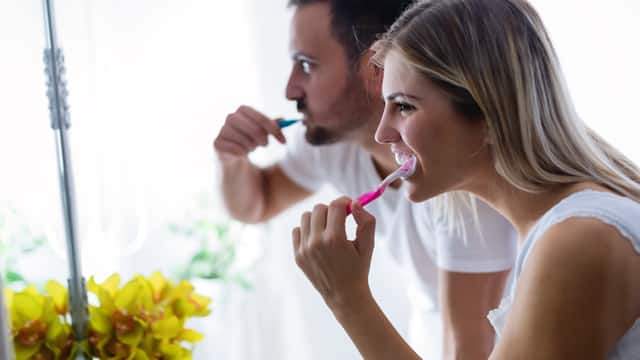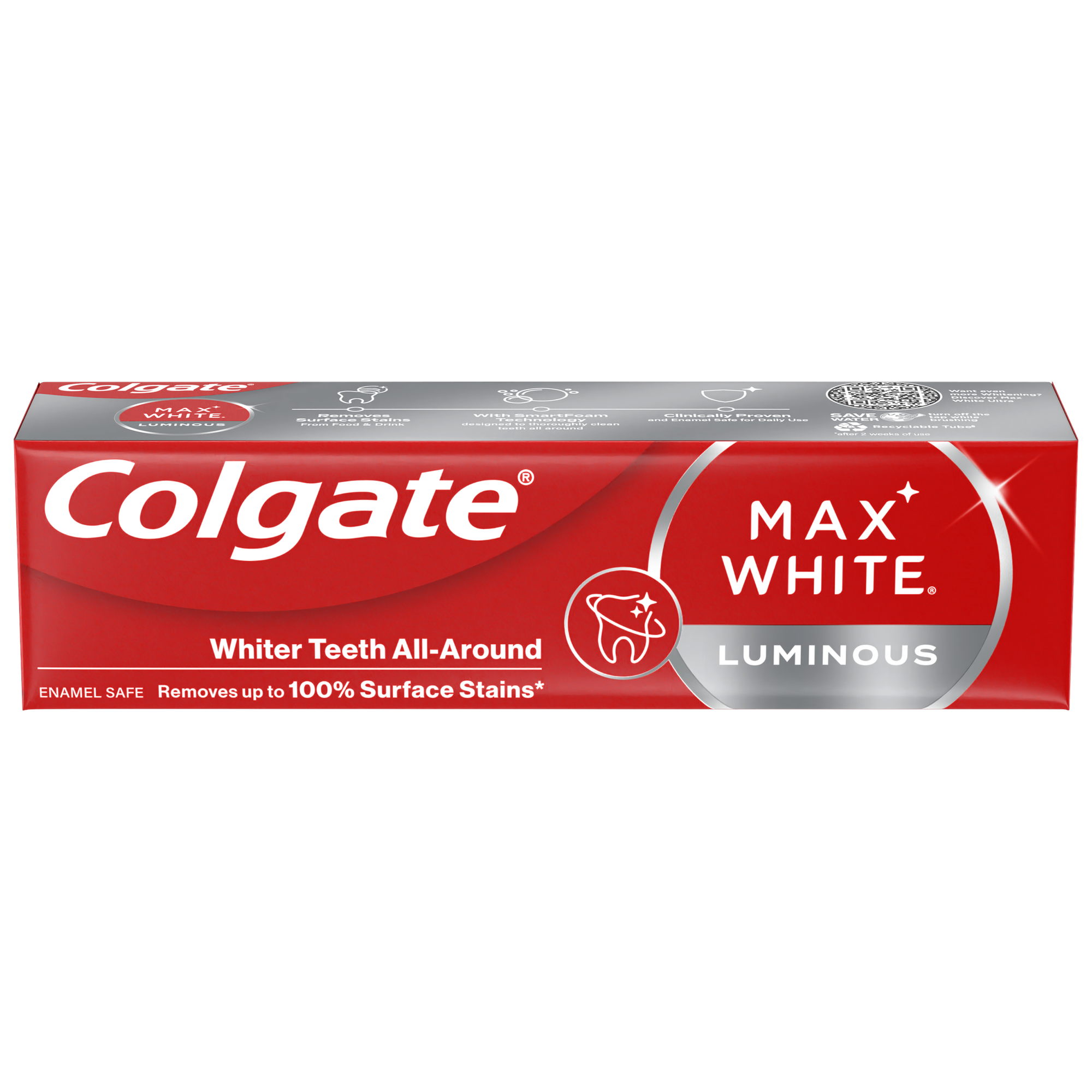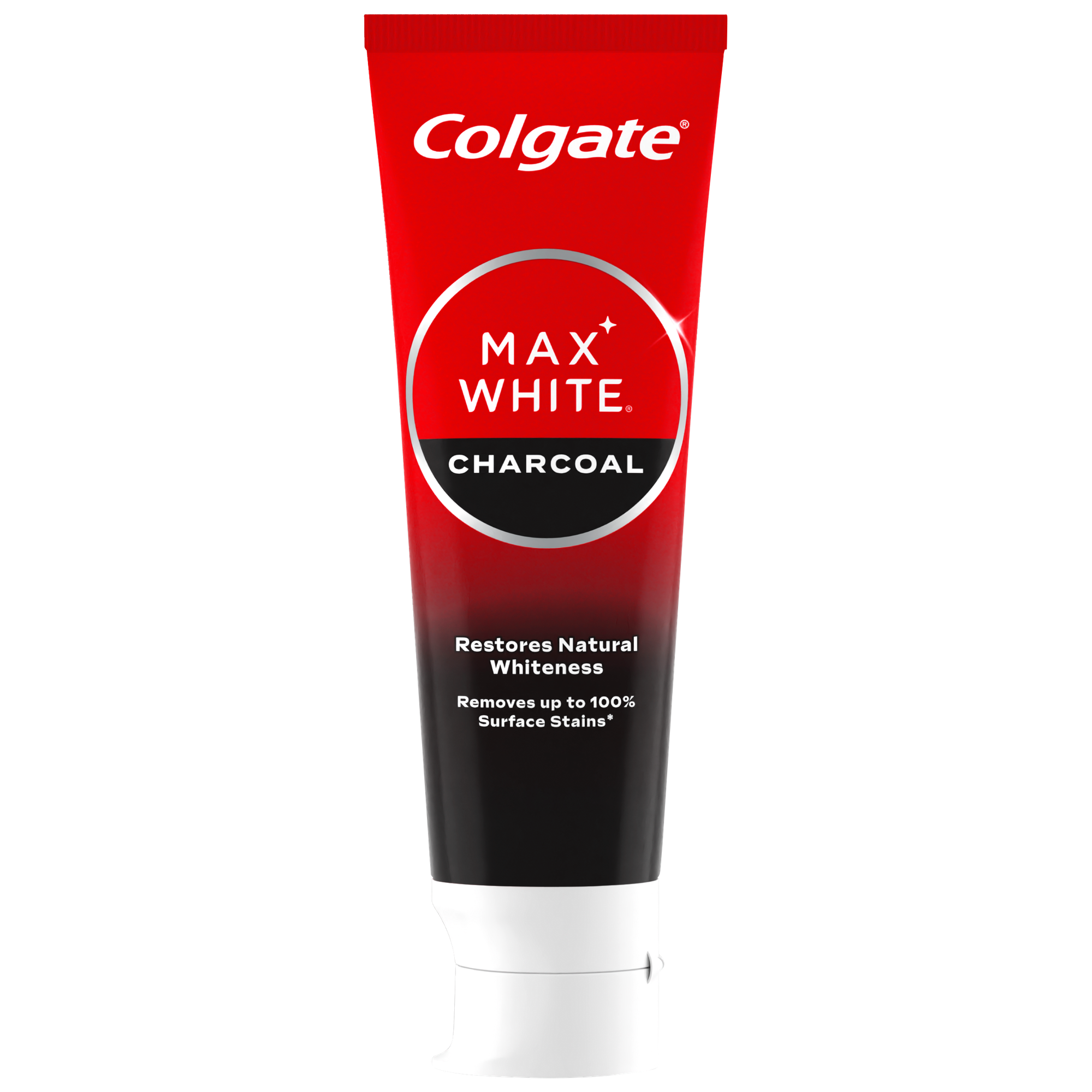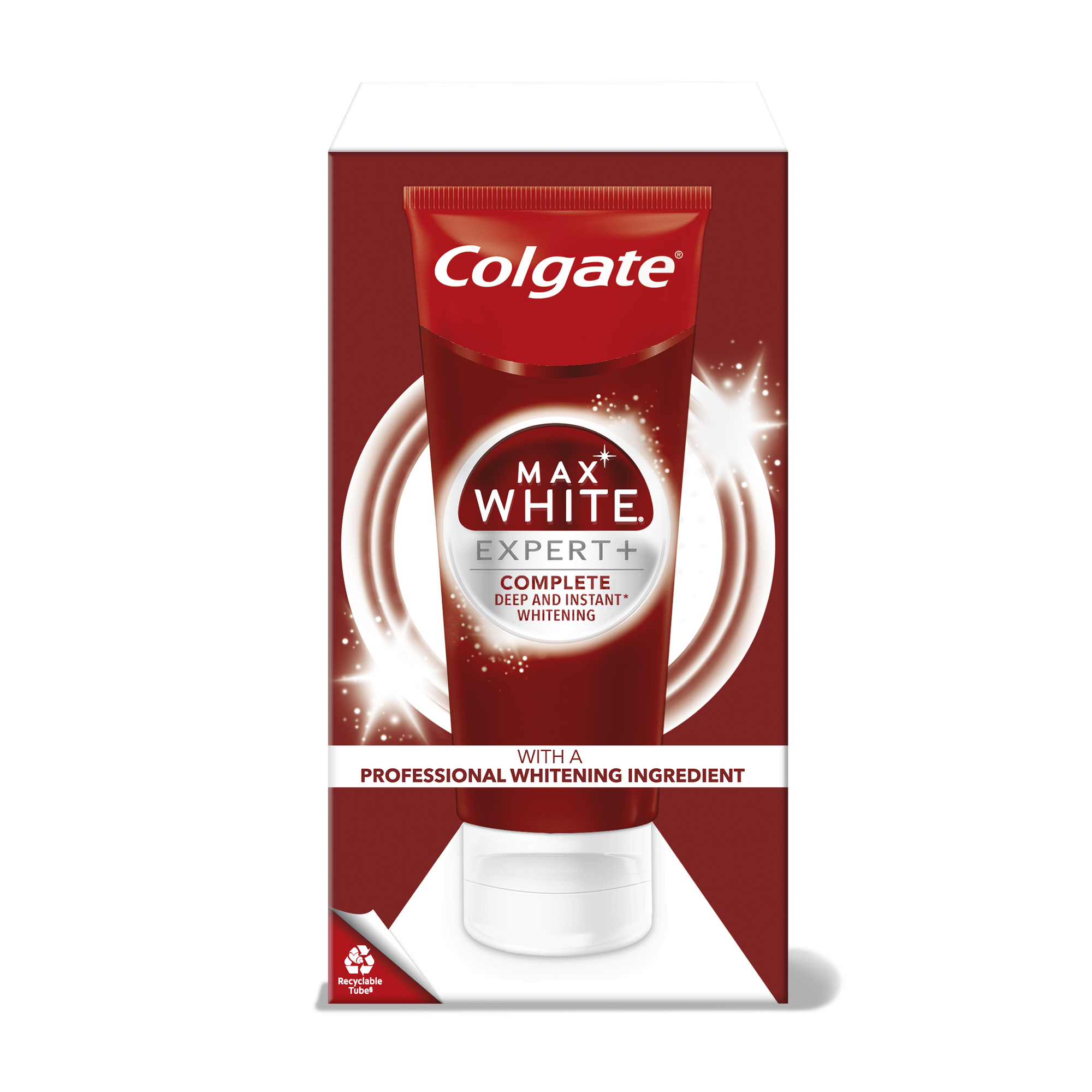How These Dental Cleaning Tools Work
These metal tools have sharp cutting edges that dental hygienists use to remove plaque and tartar from teeth. During dental scaling, plaque is removed from the tooth surface and underneath the gumline. Hygienists might also scale the surfaces of the roots – a process known as root planing – to smooth the area and remove plaque and stain.
Removing plaque is important. When plaque is allowed to build up on the teeth, it can cause problems like gum disease and tooth decay. The bacteria in the plaque release acids as they feed, and these acids break down the tooth enamel. These acids can also lead to gum disease. However, while plaque needs to be removed, it shouldn't be done at home. It should be done by a dental professional, a dental hygienist or dentist.
Dangers of DIY Plaque Scraping
Although plaque scrapers are widely available in shops, it's not a good idea to use them yourself. These tools are specialised medical tools and it takes training to learn how to use them safely. Dental hygienists must attend a dental school to receive their degree, and most of these programmes take at least two years to complete, explains the NHS Health Careers website. This extensive training ensures that dental hygienists know how to use dental scalers and other tools safely.
Because plaque scrapers are sharp, improper use can damage the delicate gum tissue. Trauma to the gum tissue isn't just painful, it can also cause gum recession. This means that the gum tissue lowers and exposes the sensitive roots of the teeth. The sharp plaque scraper could also cause injuries to your cheeks, tongue, or other soft tissues.
Infections may also occur as a result of improper use of plaque scrapers. Tartar can be accidentally pushed under the gumline, and this can lead to gum issues.
Removing Plaque Safely
If you're concerned about plaque, visit your dentist. Your dentist can examine your mouth to determine if you have plaque, tartar or other dental problems that need to be addressed. If necessary, plaque can be removed safely by a trained and licensed dental hygienist.
While it's not a good idea to use a plaque scaler at home, there are things you can do at home to keep your teeth healthy between dental visits. Floss once daily, brush your teeth twice a day with a soft-bristled toothbrush and toothpaste, which fights germs and helps to maintain a dentist-clean feeling.
Plaque removal is important for good oral health, but it's not a DIY project. If you're worried about plaque, be sure to see your dentist and dental hygienist for safe and optimal oral healthcare treatment.
This article is intended to promote understanding of and knowledge about general oral health topics. It is not intended to be a substitute for professional advice, diagnosis or treatment. Always seek the advice of your dentist or other qualified healthcare provider with any questions you may have regarding a medical condition or treatment.
ORAL HEALTH QUIZ
What's behind your smile?
Take our Oral Health assessment to get the most from your oral care routine
ORAL HEALTH QUIZ
What's behind your smile?
Take our Oral Health assessment to get the most from your oral care routine












